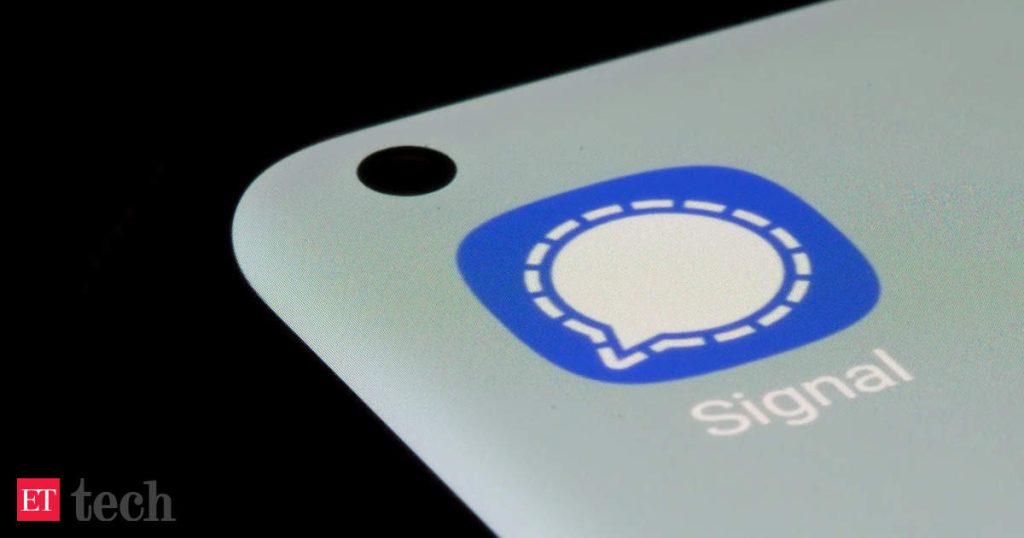Signal Denies Security Flaws Amidst Pentagon Advisory and White House Controversy
The encrypted messaging platform Signal has vehemently denied allegations of security vulnerabilities following a Pentagon advisory cautioning against its use, even for unclassified information. The advisory, circulated internally, claimed that Russian hacking groups were exploiting Signal’s "linked devices" feature to compromise encrypted conversations. Signal swiftly countered these claims, asserting that the advisory’s reference to a "vulnerability" was not related to any flaw in its core technology, but rather to phishing scams targeting its users. This public rebuttal comes on the heels of a high-profile incident involving senior US national security officials accidentally including a journalist in a Signal group chat discussing a planned military strike in Yemen, sparking controversy and raising questions about the platform’s security and the administration’s communication protocols.
The accidental inclusion of The Atlantic editor-in-chief, Jeffrey Goldberg, in the Signal chat exposed sensitive discussions regarding a potential US military operation against Houthi targets in Yemen. This incident drew sharp criticism from Democratic lawmakers, who questioned the administration’s judgment in using a publicly available app for such sensitive deliberations. The incident’s fallout intensified existing scrutiny of the Trump administration’s handling of classified information and its communication practices. While President Trump downplayed the event as a minor "glitch," the incident underscored the potential risks associated with using consumer-grade messaging apps for official government business.
Signal’s response to the Pentagon advisory emphatically denied any inherent security flaws within its platform. The company clarified that the advisory’s concerns stemmed from phishing attacks, a common threat faced by popular apps and websites. Phishing attacks typically involve deceptive attempts to acquire sensitive information, such as usernames, passwords, and credit card details, by masquerading as a trustworthy entity in electronic communication. Signal emphasized that these attacks do not exploit weaknesses in its encryption or underlying technology. Instead, they prey on user vulnerabilities, highlighting the importance of user vigilance against such scams.
The controversy surrounding Signal’s security underscores the ongoing debate about the balance between privacy, security, and usability in digital communication, particularly within government and military contexts. While encrypted messaging apps like Signal offer enhanced privacy and security features compared to standard communication channels, they are not immune to external threats like phishing attacks or user error. The incident involving the US national security officials further highlights the critical importance of adhering to strict communication protocols and exercising caution when discussing sensitive information on any platform, regardless of its purported security features.
This incident and the subsequent Pentagon advisory also emphasize the evolving nature of cybersecurity threats and the crucial need for continuous vigilance in the face of sophisticated hacking attempts. As technology advances, so too do the methods employed by malicious actors. The alleged exploitation of the "linked devices" feature exemplifies how even seemingly secure features can be targeted by determined hackers. This underscores the importance of ongoing security assessments and updates by app developers, as well as user education and awareness regarding potential threats.
The Signal controversy serves as a timely reminder of the importance of cybersecurity awareness and best practices, particularly within government and military circles. As digital communication becomes increasingly integral to operations, the risks associated with data breaches and security compromises become ever more significant. The incident involving US national security officials, coupled with the Pentagon’s advisory, highlights the need for robust communication protocols, user training, and continuous evaluation of security measures to mitigate risks and protect sensitive information. The ongoing debate about the appropriate use of consumer-grade messaging apps for official government business will likely continue to evolve in the wake of this high-profile incident.


